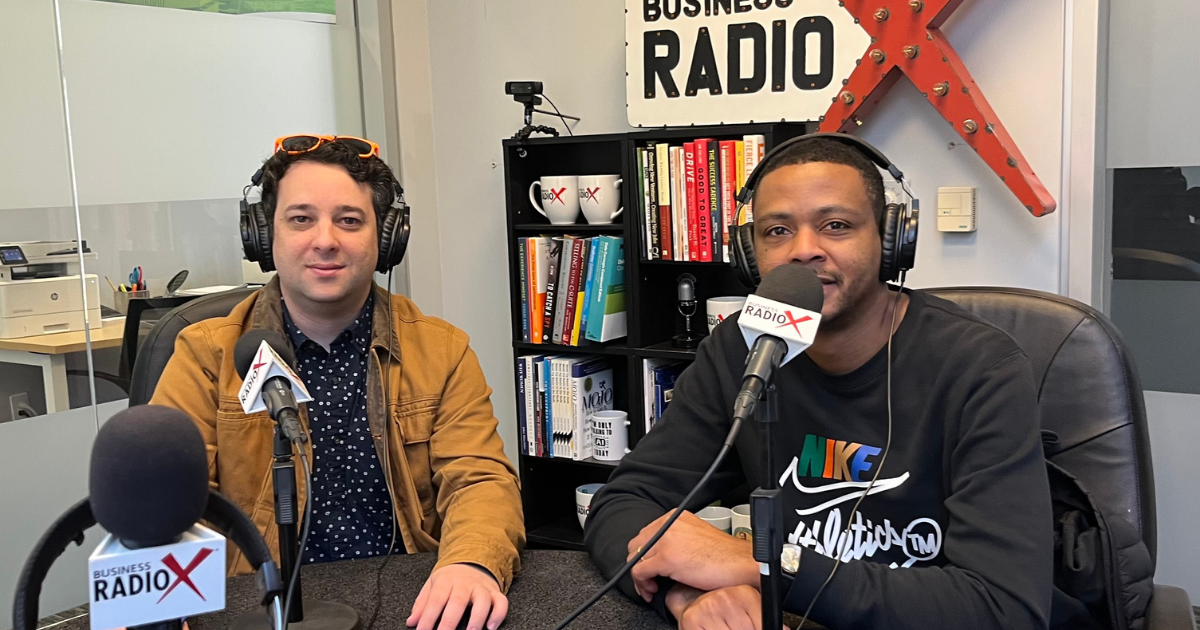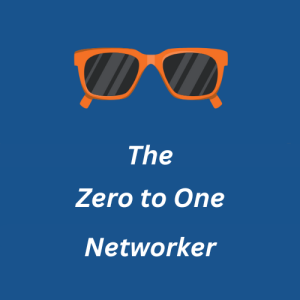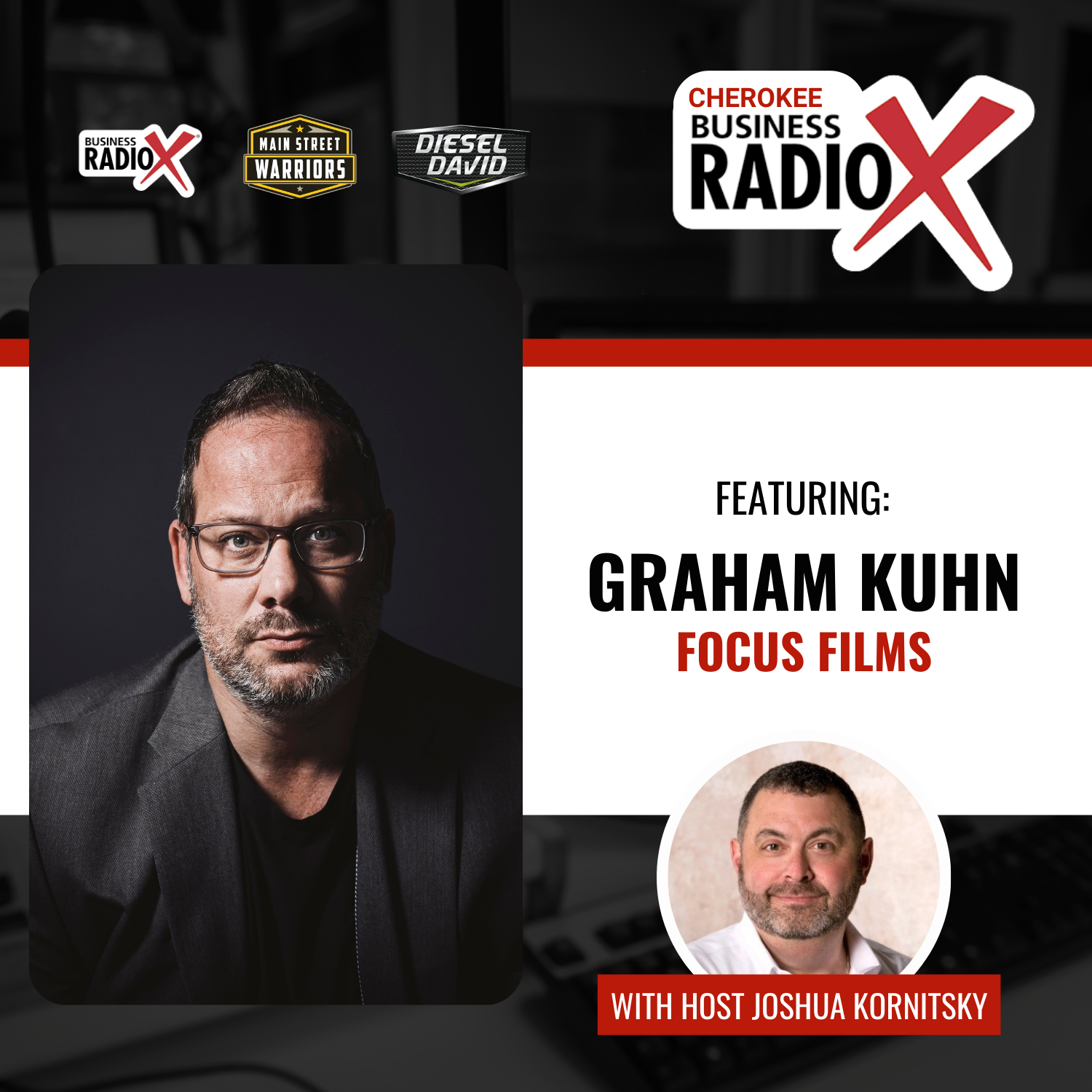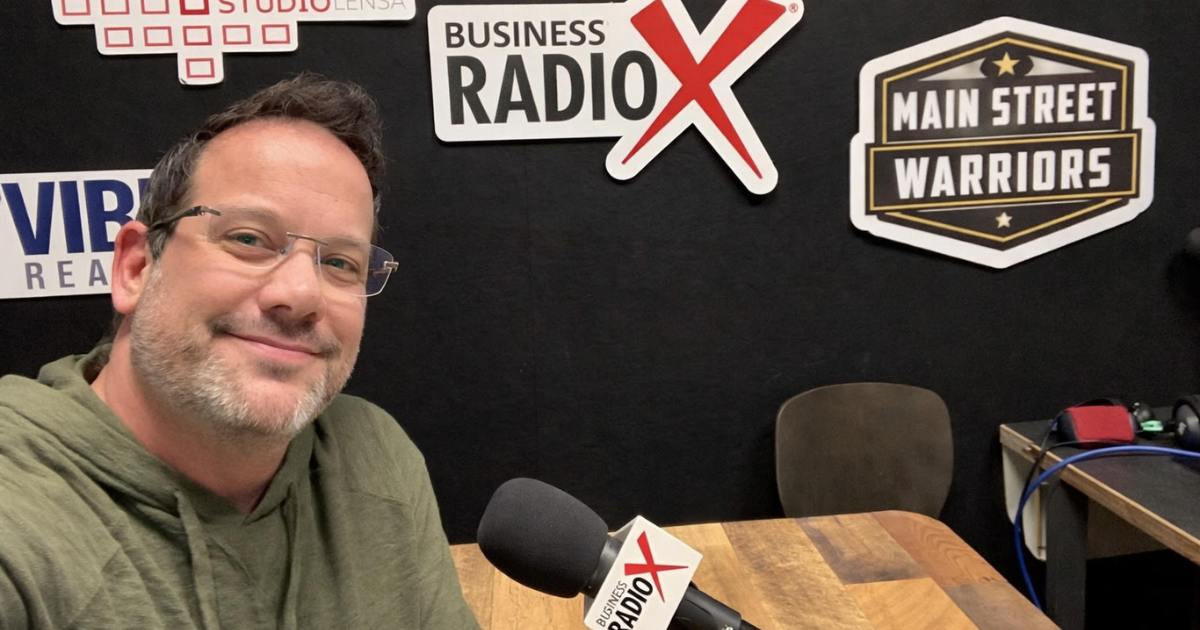
BRX Pro Tip: Training is More Than Shadowing
Stone Payton: And we’re back with Business RadioX Pro Tips, Stone Payton and Lee Kantor here with you. You know, Lee, I spent quite a few years in the training and consulting arena, and I observed that we had a little different definition of what training really was. People had preconceived notions. What’s your take on training, and maybe some of the ways that people maybe don’t have the best definition or frame for what training really is and can be?
Lee Kantor: Yeah, I think a lot of people think that a shortcut to training is just have the person follow them around or shadow them. And that, I think, is really a mistake. A lot of people think that if you just shadow somebody, and they sit on some calls and they watch somebody who’s good at it do their thing, and then you go, okay, now just do what I just did. I don’t think that’s enough. And I don’t even think that that’s training. I think you’re just hoping that these people are going to figure it out.
Lee Kantor: And I think that real training requires structure. I think it’s important to have people actually do the thing you’re training them on while you watch. After they shadow you, then put them in place, watch them and give them feedback in real time on what they’re doing. Because just watching someone do it isn’t kind of that knowledge transfer you’re hoping for. Because a lot of times when they’re watching you, you have shortcuts and you have things you already understand because you’ve been doing it so long and they don’t have that context that you have. They don’t have kind of the repetitions and the experience that you have.
Lee Kantor: So, break down the why behind the what. Don’t just show them your process, explain your thinking, explain the decisions you’re making, and what you’re listening for in order to be effective. And then, create kind of safe practice scenarios. Let them mess up in a safe environment before doing it with real clients or real stakes. Training takes much more time upfront, but it saves you so much time on the back end. When people are actually trained, they don’t need you to constantly fix their mistakes or answer the same questions over and over. So, invest in real training. Your team and your business will be better for it.



 An Atlanta native and ecosystem builder, Avoilan Bingham is the Atlanta Seed General Manager at
An Atlanta native and ecosystem builder, Avoilan Bingham is the Atlanta Seed General Manager at  Adam Marx is a networking & leadership consultant, speaker, startup advisor, journalist & the founder of
Adam Marx is a networking & leadership consultant, speaker, startup advisor, journalist & the founder of 

 Gabrielle Baumeyer, ACC, CEWC has spent almost three decades coaching and consulting individuals and teams in achieving extraordinary results. She is a certified
Gabrielle Baumeyer, ACC, CEWC has spent almost three decades coaching and consulting individuals and teams in achieving extraordinary results. She is a certified 
 Crystal M. Tenney, DBA (Hon.) is a Neuroscience Practitioner, Executive Coach, and Leadership Strategist transforming the way leaders think, communicate, and lead.
Crystal M. Tenney, DBA (Hon.) is a Neuroscience Practitioner, Executive Coach, and Leadership Strategist transforming the way leaders think, communicate, and lead.

 Dr. Cynthia Bentzen-Mercer is a USA Today bestselling author, international speaker, executive coach, and the founder of Bentzen Performance Partners. With more than 30 years of C-suite experience, she guides leaders and organizations through high-impact transformation by blending strategic clarity with deep human insight.
Dr. Cynthia Bentzen-Mercer is a USA Today bestselling author, international speaker, executive coach, and the founder of Bentzen Performance Partners. With more than 30 years of C-suite experience, she guides leaders and organizations through high-impact transformation by blending strategic clarity with deep human insight.



 Graham Kuhn is the founder of
Graham Kuhn is the founder of 













